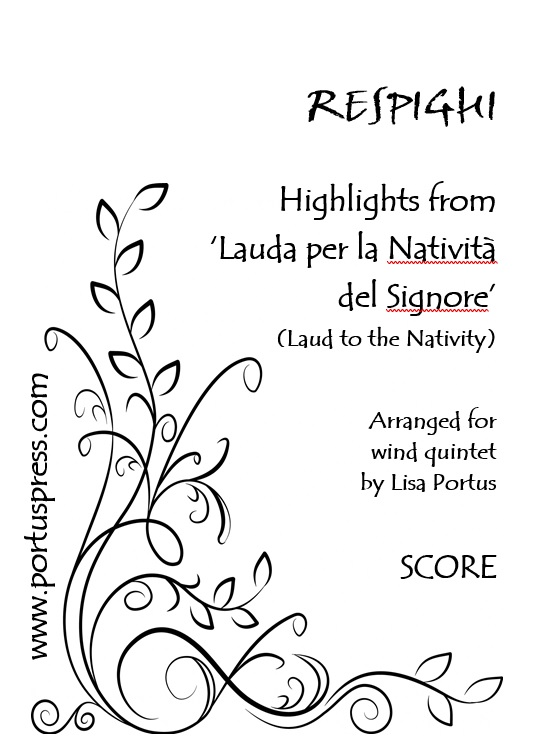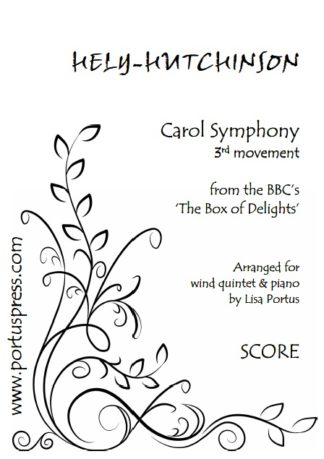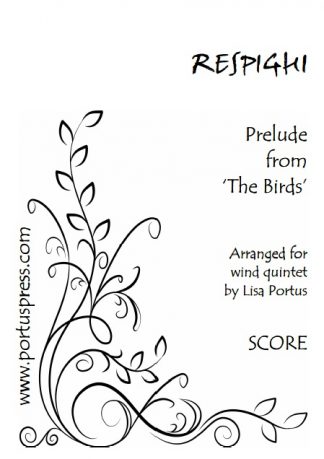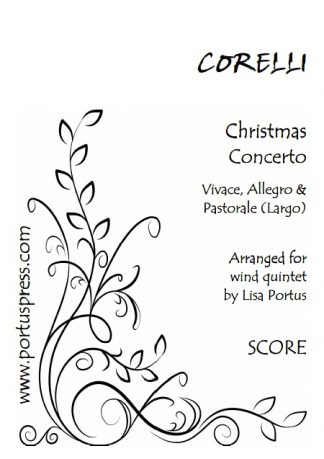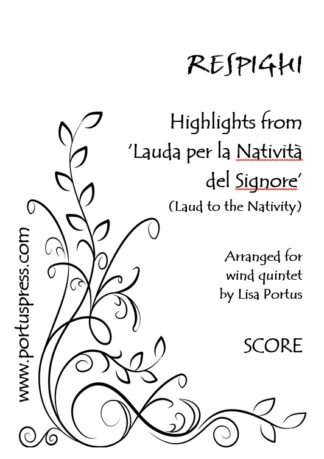Description
The Italian composer Ottorino Respighi (1879-1936) is best known for his large-scale orchestral tone poems The Fountains of Rome and The Pines of Rome. Both pieces were hugely successful, however, after rounding off his ‘Roman Trilogy’ with Roman Festivals in 1928, Respighi decided he could do no more with such large forces, and he concentrated instead on producing music for smaller ensembles.
Between 1928 and 1930 wrote his only sacred choral work – Lauda per la Natività del Signore (Laud to the Nativity) – which celebrates the miracle of Christmas with text attributed to the 13th century poet and Franciscan monk Jacopone da Todi. The work is scored for three soloists, a mixed chorus and an unusual chamber ensemble of ‘pastoral instruments’ (comprising two flutes, oboe, cor anglais and two bassoons) and piano (four hands). The Lauda was dedicated to the musical patron Count Guido Chigi Saracini.
Respighi had a life-long fascination with music from the Renaissance and Baroque eras and many of his works, including the Lauda, cleverly fuse 20th century harmonic language with elements of earlier Italian music. With its simple lyricism and wonderful clarity, the Lauda is a charming work with a touching, quiet joyfulness.
Here the opening and closing sections of the Lauda have been arranged for wind quintet.

